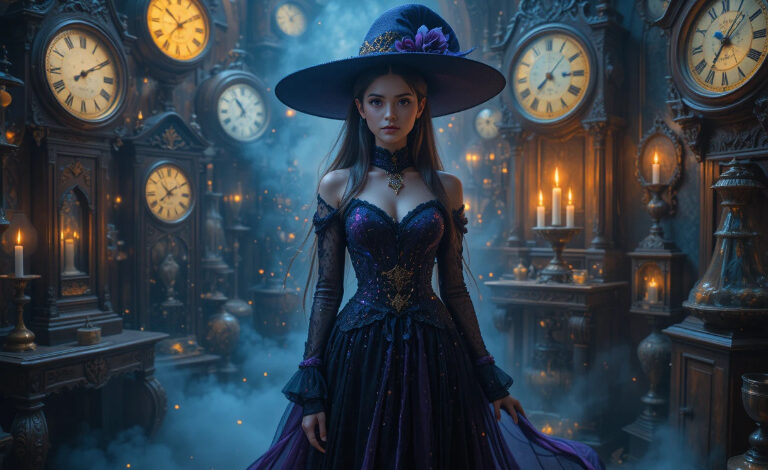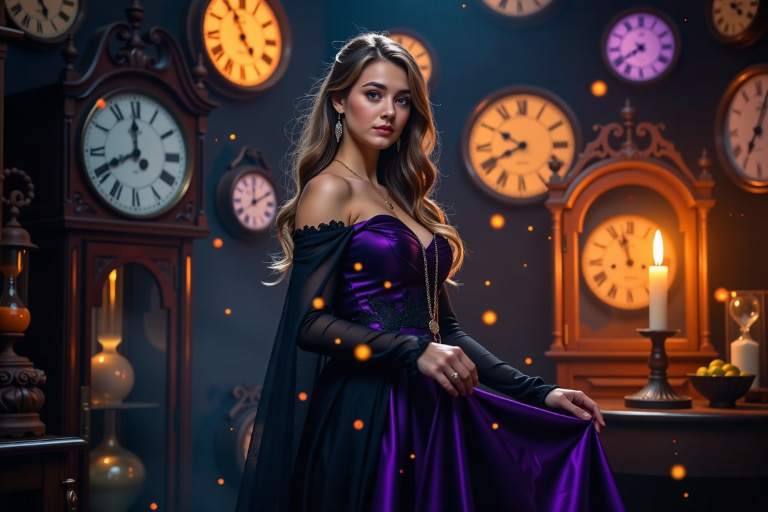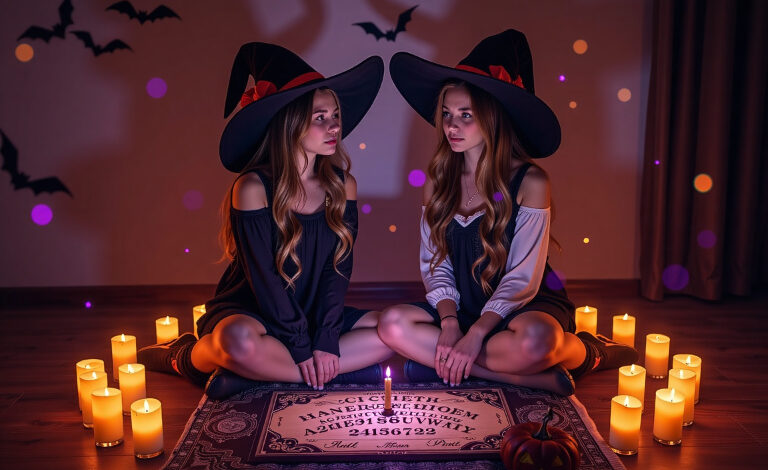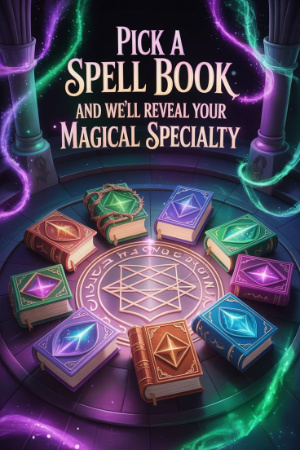
They say when a clock stops, something unseen has crossed the room. Maybe the air shifts. Maybe a whisper rides the stillness. In old folklore, time freezing—especially near Halloween or Samhain—isn’t just bad luck or a broken spring. It’s a quiet warning that the veil between worlds is thinner than usual… and something might be passing through.
Samhain (pronounced Sow-in) has always been a time when time itself seems strange. Shadows stretch differently. Nights feel longer. Some people swear the clocks act up for a reason—hands freeze at the exact moment a spirit arrives, or a watch stops just as someone takes their last breath. To the old folk, these weren’t coincidences. They were signs that the world was holding its breath.
Long before digital clocks and glowing phone screens, time was sacred. Villagers watched the sun and moon to tell the hour. So when a clock stopped, it wasn’t just mechanical—it was mystical. People believed it meant the natural rhythm of life had paused for a visitor from beyond. A stopped clock might mark a doorway, a crossroads where the living and the dead could touch hands, even if only for a heartbeat.
Now, with Halloween lights flickering and ghosts turning into party themes, these old beliefs can sound poetic or eerie—but their roots run deep. Every tick of a clock is a heartbeat of the human world. When it stops, something ancient listens. Let’s look into the old stories and whispered superstitions that tell why broken clocks are said to open a Samhain doorway… and what that might mean for you when midnight feels a little too still.
Why a Stopped Clock on Halloween Is More Than Just a Glitch

Time has always been mysterious, but on Samhain, it becomes downright magical. The ancient Celts believed time wasn’t a straight line but a circle—a wheel constantly turning. Samhain sat at the point where one turn ended and the next began. It was “the hinge of the year,” when doors between worlds creaked open. If a clock stopped during that sacred turning, it was said to mean the natural cycle had hesitated—creating a thin moment between life and afterlife.
Many old households had what they called “death clocks.” If someone died in the home, the family would stop every clock right at the moment of passing. It was both a mark of respect and protection. They believed the soul’s time shouldn’t be measured by mortal hands anymore—and that if the clocks kept ticking, the spirit might become confused and linger too long. During Samhain, when spirits wandered freely, any clock that stopped on its own was treated like an omen. Maybe someone unseen had brushed by.
There’s another layer to it too. Clocks are tied to rhythm—the heartbeat of daily life. When that rhythm halts, even for a second, it’s like the world skips a beat. In folklore, this was a “time pocket,” a small gap in reality where magic could seep through. Witches, mediums, and folk healers often took advantage of such moments. If their pendulum clock froze, they’d whisper a quick spell or speak to their ancestors, believing the doorway had just opened wide enough to be heard.
Some say the spirit world runs on its own kind of time. It doesn’t flow minute by minute like ours—it moves in waves, overlapping with our world only when conditions are right. On Samhain night, those waves align. That’s why old clocks, especially antique ones, seem to stop more often around Halloween. The metal grows cold, the gears stiffen, and yet the symbolism remains: when the clock goes silent, it might not be broken—it might just be listening.
In Ireland and parts of Scotland, there’s an old belief that a clock stopping at midnight on October 31st means the “Fair Ones” are walking. The fairies, who also pass through the Samhain veil, were known to freeze mortal time while they crossed into the world of humans. People would cover mirrors, stop the clocks, and keep the fires burning bright to avoid catching the Fair Ones’ attention—or worse, getting stuck in their realm where time never moves at all.
In some folk stories, witches were said to control time itself during Samhain rituals. They could “pause the night” long enough to speak to spirits or perform magic between the minutes. A broken clock in a witch’s cottage wasn’t always a sign of disrepair—it was a tool. Some witches refused to fix stopped clocks around Samhain, saying it kept their homes in tune with the “other side.” A ticking clock represented order, but a silent one welcomed mystery.
Even modern ghost hunters and spiritualists talk about time glitches in haunted spaces. They report watches freezing, clocks resetting to strange hours, or even digital devices flickering with the wrong time when paranormal activity spikes. The connection between time and the unseen hasn’t faded—it’s just adapted to technology. When your phone suddenly shows 3:33 a.m. and then jumps back, maybe it’s not just a glitch. Maybe the old folk were right about moments “between ticks.”
On a symbolic level, time is human. Spirits don’t need it. So when a clock stops, it’s like their way of saying, “We’re here now—you can stop counting.” The silence between the ticks becomes sacred. That’s why during Samhain rituals, many witches perform divination or ancestor offerings in complete stillness—no ticking, no buzzing, just candlelight and breath. It’s an old form of respect for the spirits who live outside time’s reach.
One popular Samhain charm even involves a stopped clock. Practitioners take an old pocket watch that no longer works, set the hands to the exact hour of dusk on October 31st, and place it beside a candle. As the candle burns down, it’s said the flame “moves time forward” in the spirit world, guiding lost souls back through the doorway before dawn. It’s both protective and symbolic—a way to say, “You’re welcome to visit, but you must go home.”
Of course, not every frozen clock means a ghostly guest. Sometimes it’s just old batteries or a little too much dust. But folklore never really cared about logic—it cared about meaning. And the meaning behind a stopped clock is deep: it’s a reminder that time doesn’t truly belong to us. We live in its flow, but sometimes, during Samhain, we get to step outside it for just a moment. That’s the true magic—feeling that pause, that eerie stillness, and realizing you’re part of something ancient.
So if your clock stops this Halloween, take a breath before you fix it. Listen to the quiet. Maybe it’s only a gear slipping… or maybe it’s the veil itself brushing past, whispering a story from the other side. Light a candle. Say a small thanks for the visit. Then gently start the clock again—so time can keep flowing, and both worlds can rest easy until next Samhain night.
When the Hands Go Still
When time stops, we’re reminded of what we usually ignore—that the ticking of a clock isn’t just sound, it’s life itself moving forward. The silence feels eerie because it’s rare. But on Samhain, that silence becomes sacred. It’s a space where the living can hear the whispers of their ancestors, where the world pauses long enough for magic to breathe.
If your clock ever falls silent on Halloween night, don’t rush to fix it. Just for a moment, honor the stillness. Let the world feel suspended, as if time itself is bowing its head. Because maybe, just maybe, it is.




